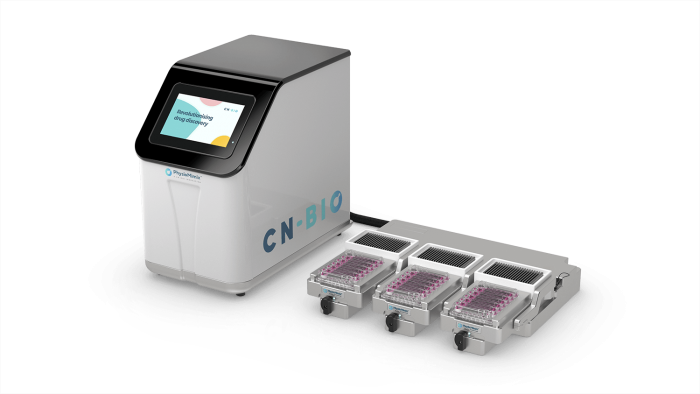The first co-published, peer-reviewed research paper between a commercial MPS provider and a regulator, demonstrates that data derived using CN Bio’s proprietary PhysioMimix™ system is appropriate for use in drug safety and metabolism applications, evidencing its enhanced performance versus standard techniques. The publication substantiates the Company’s position as a leader in the field with reliable and robust cutting-edge technology, ready for widespread adoption across the pharmaceutical industry.
Liver toxicity is a major safety concern during drug discovery and development, with the potential to terminate clinical trials and result in expensive program failures. It is estimated that companies could save 26% of drug discovery costs2 through incorporation of MPS technologies, by generating human-relevant data that better predicts clinical outcomes. This co-publication with the FDA provides evidence of the advantage of MPS over standard techniques and clear criteria to ensure robust operation, both critical factors to enable the fast-track adoption of these technologies. Scientists at the FDA demonstrated CN Bio’s PhysioMimix MPS technology accurately models drug metabolism and detects compounds known to be toxic to humans. Markers of liver function were used to evidence the longevity, reliability, and reproducibility of the system.
CN Bio’s single and multi-organ MPS enable researchers to better replicate the micro-environments, cell-cell interactions and biological processes that occur in vivo, opening new possibilities for the pre-clinical evaluation of medicines. Confirmation by the FDA that the interaction between inflammation and liver toxicity can be observed in the system, highlights the complexity with which human biology can now be recapitulated. This publication fortifies the body of evidence demonstrating how PhysioMimix technology can rapidly generate human-relevant, robust data that is clinically translatable and predictive, facilitating more insightful, accurate and cost-effective drug development, for improved clinical success.
Maureen Coleman, Chairman, CN Bio, commented: “The data generated within this FDA study provides collateral for decision-makers to justify the adoption of MPS into their workflows and starts to make the case for inclusion of the data in IND submissions. By adopting these powerful systems, we are offering an option to help replace, reduce, refine the number of animal tests and the potential to benefit patients through the provision of safer and more efficacious therapeutics.”
Dr David Hughes, Chief Executive Officer, CN Bio, said: “This publication is invaluable in confirming the utility of our system in the labs of the FDA. With regulatory understanding of the benefits of MPS/organ-on-a-chip data growing, this article is key to the entire field and paves the way for market adoption to help drive faster, more accurate and efficient drug discovery which ultimately, will benefit patients.”
1) ‘Characterizing the Reproducibility in Using a Liver Microphysiological System for Assaying Drug Toxicity, Metabolism and Accumulation’, Clinical and Translational Science https://ascpt.onlinelibrary.wiley.com/doi/10.1111/cts.12969
2) ‘Impact of organ-on-a-chip technology on pharmaceutical R&D costs’ https://www.sciencedirect.com/science/article/pii/S135964461930042X
For more information about CN Bio’s products and services, visit: https://cn-bio.com/physiomimixooc/
